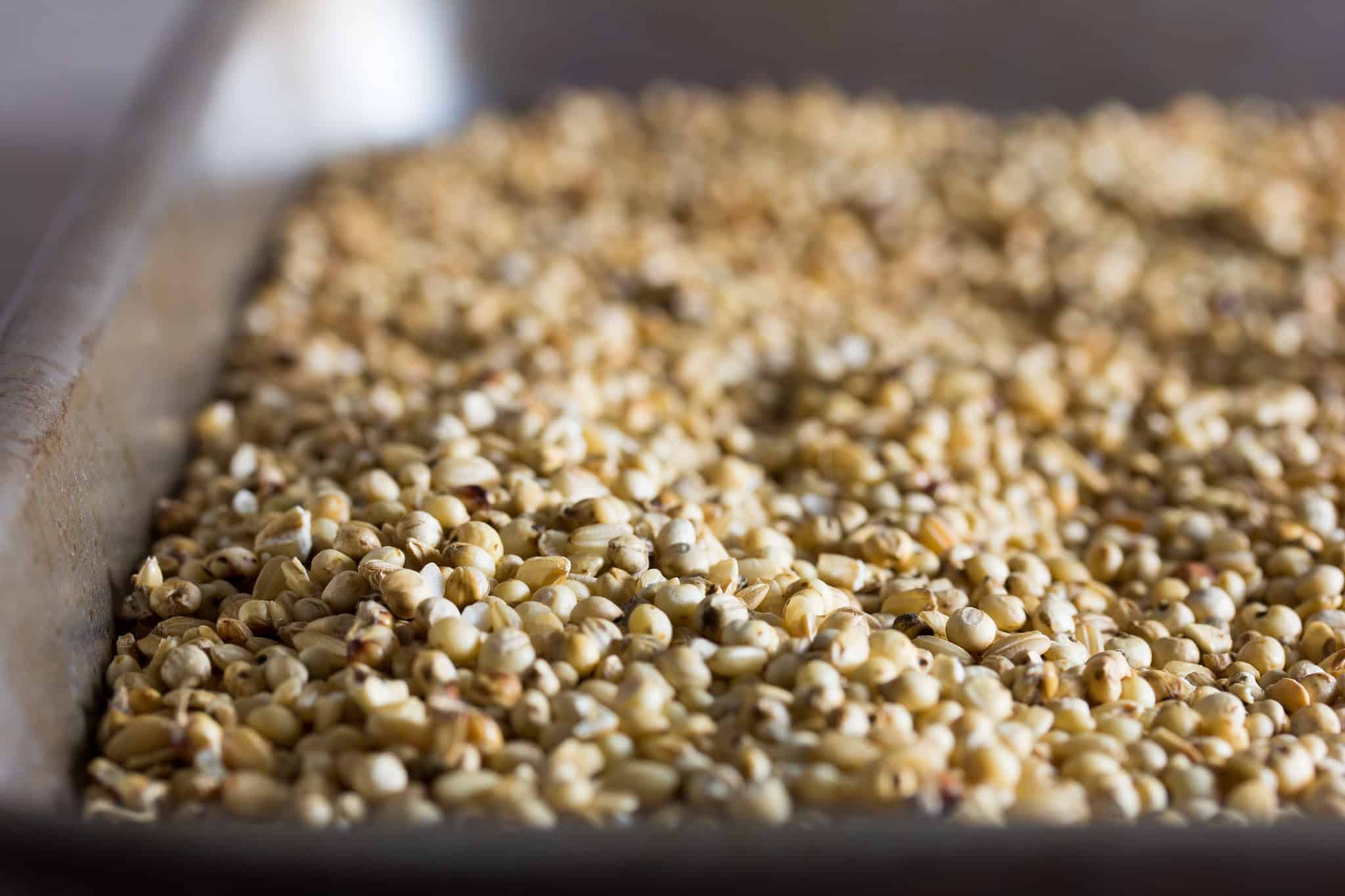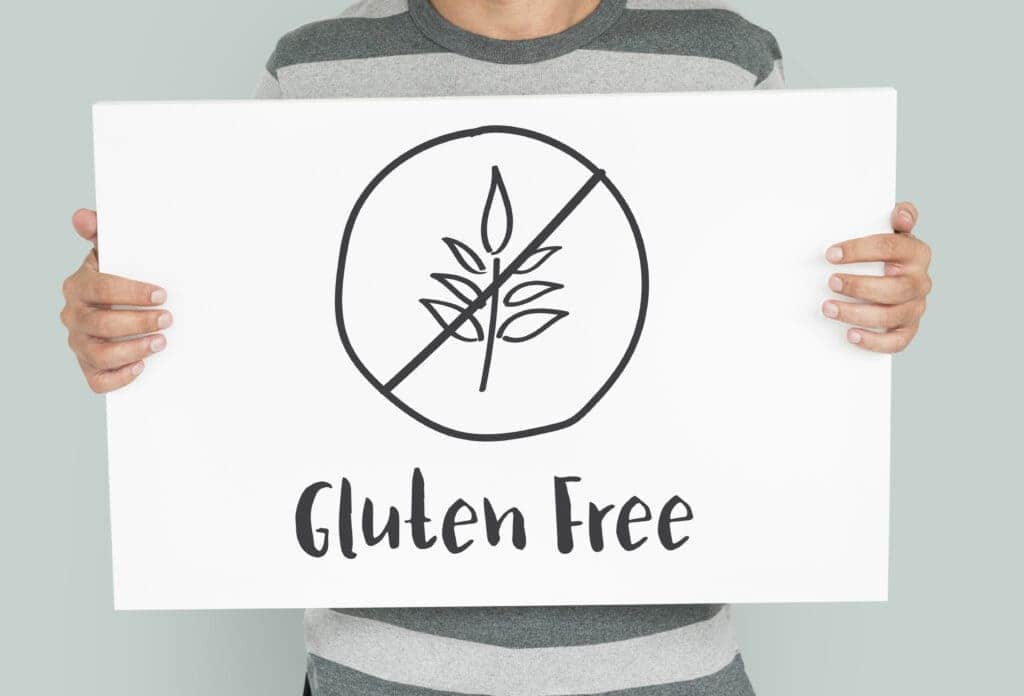You already have many beer options. Why should you include gluten-free beer?
As a microbrewery or pub and restaurant owner, you know businesses that don’t adapt to changing customer demands will soon find themselves shuttered. Adding gluten-free beer to your menu allows for a new demographic of customers to patronize your pub or eatery and expands your customer base.
The variety of beer at pubs, breweries, and restaurants constantly increases. Many microbreweries carry craft and specialty beers with unique ingredients. A wide selection of beers satisfies the palates of different kinds of customers. But it isn’t only about having a variety of flavors. Some customers wish to balance going out to eat with their healthy living choices.
You may have already added mocktails and non-alcoholic beer to your menu for customers who don’t drink. You likely also have reduced carbohydrate/sugar drinks for your clientele who are watching their figure or are diabetic. Gluten-free (GF) beer falls under this category, thanks to a growing awareness of dietary restrictions. Carrying or making your own gluten-free beer is to court these new diners and drinkers.
Why Choose Gluten-Free Beer?

There are three very good reasons to consider making or selling gluten-free beer options, each of which can benefit your bottom line.
1. Rising Demand and Growing Market for Gluten-Free Products
Gluten-free options are becoming more popular on menus around the world. In 2023, the gluten-free market was valued at USD 12.3 billion and is expected to rise at a 10.1% CAGR (compound annual growth rate) between 2024 and 2032.
In 2020, an estimated 25% of Americans followed a gluten-free diet, whether they had a medical condition or not. These are customers who could spend their money at your establishment if you had products they could eat or drink.
2. New Awareness of Consumer Needs
A rise in gluten-related disorders means more people are susceptible to damaging symptoms when consuming foods with gluten. Gluten is commonly found in common cereal grains, such as wheat and barley. These are often the same grains brewers use, which means people suffering from issues like celiac disease and non-celiac gluten sensitivity can’t enjoy the craft beer revolution as much as the rest of the public.
Other people who can typically tolerate gluten may be on special diets, like The Keto or Paleo Diets. These restrictive eating plans focus on only foods available to our earliest ancestors (Paleo) or foods with zero carbohydrates (Keto). Neither allows foods requiring processing to create and are gluten-free by design. Barley, hops, and wheat are among the main ingredients in most beers, rendering them off-limits to celiac patients and processed carbohydrate excluders.
Skipping gluten is also a common choice for people looking to adjust their gluten intake outside of medical issues or diet programs. These choices triggered a revolution across the food and beverage industry, and gluten-free foods found a successful market outside the usual health-food marketplace. Products free of gluten are in demand, and innovative businesses are creating product lines to meet that demand. Restaurants considering crafting or incorporating a gluten-free brew would be wise to adjust their menus to offer some gluten-free food to go along with it.
Gluten-free beers may have only been around for a few years, but they still appeal to customers who require these ingredient exclusions. With a gluten-free brew, they can “cheat” guilt-free when out with friends or even celebrate hitting a particular fitness milestone without undoing their hard work.
3. Gluten-Free Beer Advancements
The demand for beer free from gluten has led to many innovative recipes and research. Like non-alcoholic beer, gluten-free beer has benefited from increased public demand and a focus on customer needs. At first, most gluten-free beers were made from sorghum, a semi-sour-tasting ingredient. Through trial and error, other grains and ingredients (like chickpeas!) have been introduced, making gluten-free beer tastier and safer for celiac patients.
Currently, 19 breweries are dedicated to 100% gluten-free beer production. This means there is no danger of cross-contamination because these places don’t brew anything with gluten ingredients. More and more microbreweries are experimenting with reducing or eliminating gluten in their craft beers.
As gluten-free production grows, flavor and richness variations will also grow. Advances in brewing and ingredients have allowed brewmasters to serve this audience by offering new beers with the same tastes but without the awful side effects.
What Does Gluten-Free Mean?

Brews can call themselves “gluten-free” in the US or European Union if they possess less than 20 ppm (parts per million) of gluten. These brews need to be tested for gluten in every batch to keep their certification and require separate equipment to avoid contamination by other products. Brewing gluten-free beer could be a mistake for a new brewery or restaurant looking to expand too quickly. Facilities with extra vats, lines, and other equipment that can be spared are a better fit for a new gluten-free brew. Otherwise, the extra time needed for experimentation and maintenance can put the squeeze on any successful beers your restaurant has already rolled out.
Suppose you want the benefit of a “no gluten in beer” option but can’t make it yourself. In that case, you can source gluten-free brews from craft breweries already dedicated to the GF production process. We’re big fans of the best gluten-free beer that paved the way for all others – Lakefront Brewery’s New Grist – the first beer approved to use the “Certified GF” label in the US.
Other popular beers that are free of gluten include crowd-pleasers like Buck Wild Pale Ale and Redbridge. Most beers that claim the GF title use non-traditional cereals, such as rice, corn, millet, sorghum, or buckwheat. These cereals don’t trigger reactions in consumers with sensitivity, so they can be labeled gluten-free.
Creators of some products that weren’t made to be gluten-free have been labeled GF accidentally. Corona, which uses rice and corn in its recipe, naturally appeals to gluten-free consumers, but it is NOT a 100% gluten-free beer. It contains low levels of barley and hops (under 20 ppm), making it ok to be labeled gluten-free in the US, but it still has enough gluten to be unsafe for someone with celiac disease to consume.
Other brews may be crafted with reduced gluten levels by carefully using barley or rye in low, controlled levels. Most breweries looking to make something for this market will want to go as low as possible for their initial brew to attract customers with medical conditions. It’s easier to adjust upwards for taste, cost, and other elements of a good beer recipe.
There are a lot of gluten-free products in the marketplace. Gluten-free beers are an option for those restaurants and bars looking to capitalize on healthier trends. Making celiac patients aware of GF options on your menu ensures your restaurant can offer an attractive option for both people with celiac disease and people who choose to live gluten-free. Remember, any brew with 20 ppm or less of gluten can officially be sold under a gluten-free label. Special precautions must be taken to keep that number low. Either new equipment should be procured to keep brews free and clear, or experiments during slower periods are the way forward.
Providing alternative beer products for people with health conditions shows your customer that you care about their health and safety. At Reliable Water Services, we know hot water is critical to health, sanitation, and safety, but it’s especially vital to our industries.
We provide 24/7 water heater services, ensuring your business has the hot water it relies on. As always, should you need service, contact us 24/7 at 1-800-356-1444.
- Featured image “Gluten-free beer” courtesy of Flickr user Blondinrikard Fröberg licensed under CC by 2.0.
- Image “Gluten-Free beer grains…” courtesy of Flickr user FoodCraftLab licensed under CC by 2.0.